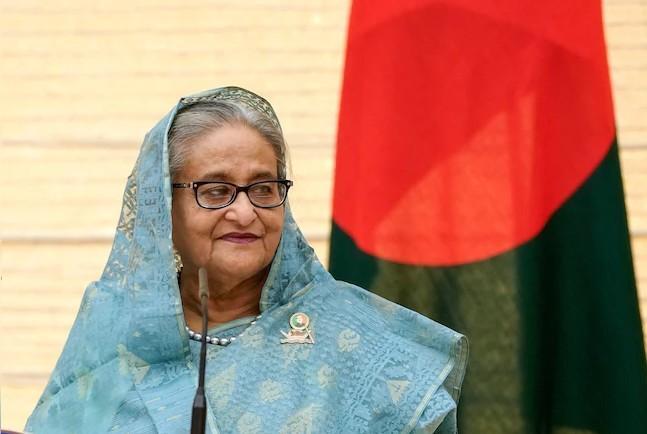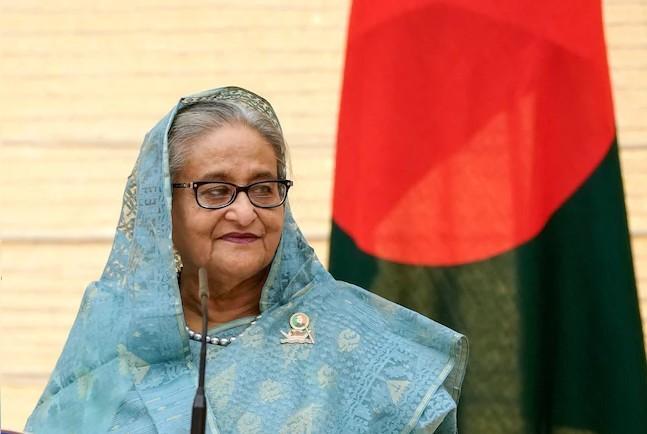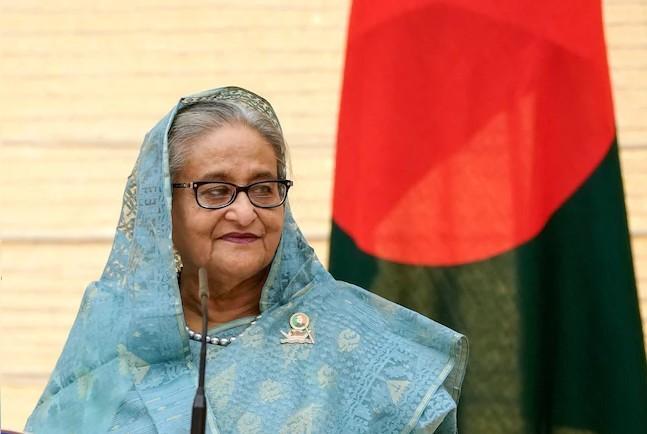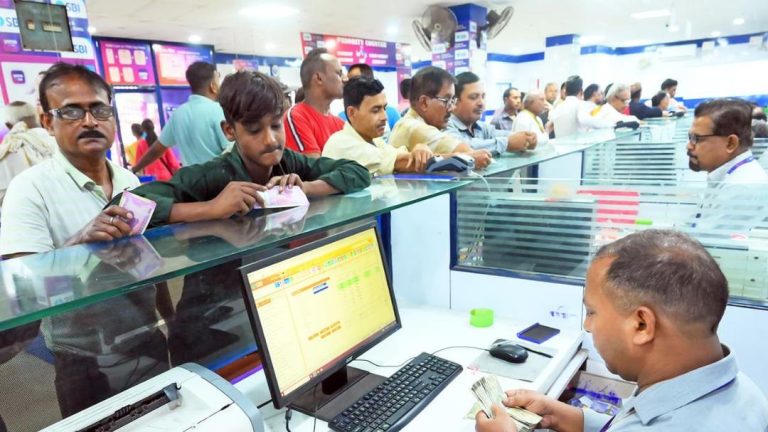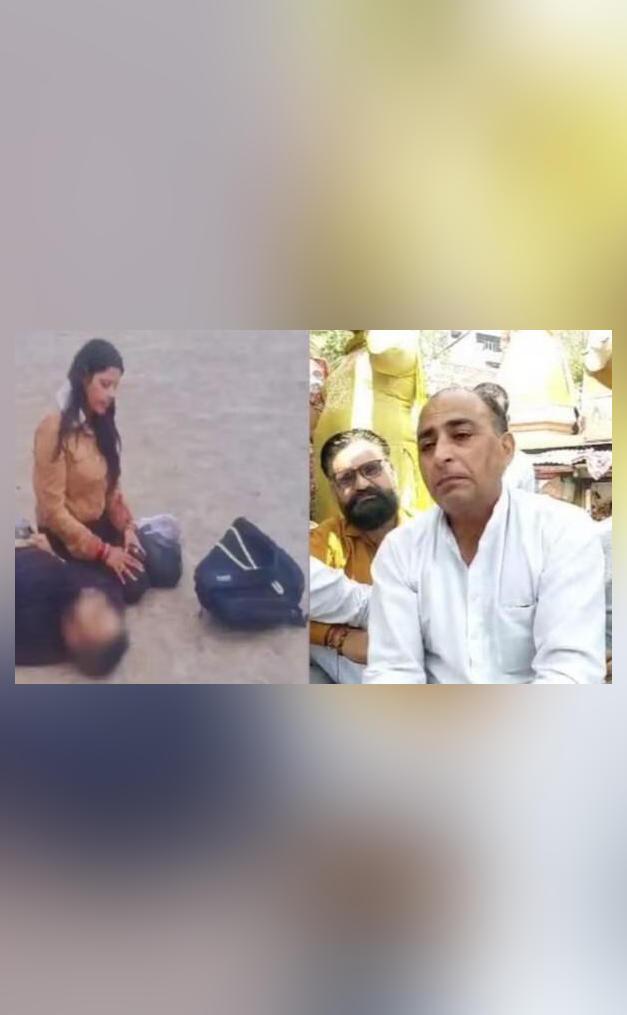
Asim Munir will know my pain if his son is killed: Father of Navy officer killed in J&K
The death of a loved one is one of the most devastating experiences anyone can go through. The pain and grief that follows can be overwhelming, and it’s a feeling that few people can truly understand unless they’ve been through it themselves. For Rajesh Narwal, the father of Lieutenant Vinay Narwal, a Navy officer who was killed in a terror attack in Pahalgam, Jammu and Kashmir, the pain is still fresh and raw.
In an emotional outburst, Rajesh expressed his anguish and frustration, saying that he hopes Pakistan Army Chief General Asim Munir will understand his pain when his own son or daughter is killed in a similar attack. The comment is a stark reminder of the devastating impact that terrorism has on families and the devastating consequences of violence.
Lieutenant Vinay Narwal was one of the 18 people killed in the terror attack on August 8, when a group of terrorists ambushed a bus carrying Amarnath Yatra pilgrims in Pahalgam. The attack was carried out by Jaish-e-Mohammed (JeM) terrorists, who are believed to be backed by Pakistan.
Rajesh, who is still reeling from the loss of his son, said that he and his family members are suffering from trauma as a result of Vinay’s death. “We are still trying to come to terms with the loss of our son,” he said. “It’s been very difficult for us to cope with the pain and the grief.”
In an interview with NDTV, Rajesh spoke about the impact that Vinay’s death has had on his family. “We are all shattered,” he said. “We can’t even think about the future. We are just trying to survive each day.”
Rajesh’s words are a poignant reminder of the devastating impact that terrorism has on families. The loss of a loved one is a tragedy that can have long-lasting effects on those left behind, and it’s a feeling that few people can truly understand unless they’ve been through it themselves.
Asim Munir, the Pakistan Army Chief, has been accused of having ties to the JeM terrorist organization, which is believed to be responsible for the Pahalgam attack. Rajesh’s comments are a direct reference to these allegations, and a call for Munir to understand the pain that his family has suffered.
“If I were given a gun to shoot his son or daughter, then he’d know the pain,” Rajesh said. “He’ll understand my pain the day his son or daughter will be killed similarly.”
Rajesh’s words are a powerful reminder of the devastating consequences of violence and the importance of working towards peace and reconciliation. The loss of a loved one is a tragedy that can have long-lasting effects on those left behind, and it’s a feeling that few people can truly understand unless they’ve been through it themselves.
The Pahalgam attack was one of the deadliest terrorist attacks in recent years, and it’s a stark reminder of the devastating impact that terrorism has on families and communities. The attack was carried out by a group of terrorists who were believed to be backed by Pakistan, and it’s a clear indication of the threat that terrorism poses to peace and stability in the region.
As India and Pakistan continue to negotiate a ceasefire along the Line of Control, it’s essential that both countries work towards a peaceful resolution to their differences. The loss of a loved one is a tragedy that can have long-lasting effects on those left behind, and it’s a feeling that few people can truly understand unless they’ve been through it themselves.
In conclusion, Rajesh’s words are a powerful reminder of the devastating consequences of violence and the importance of working towards peace and reconciliation. The loss of a loved one is a tragedy that can have long-lasting effects on those left behind, and it’s a feeling that few people can truly understand unless they’ve been through it themselves.
As India and Pakistan continue to navigate the complexities of their relationship, it’s essential that both countries prioritize the welfare and safety of their citizens. The loss of a loved one is a tragedy that can have long-lasting effects on those left behind, and it’s a feeling that few people can truly understand unless they’ve been through it themselves.
Sources:
